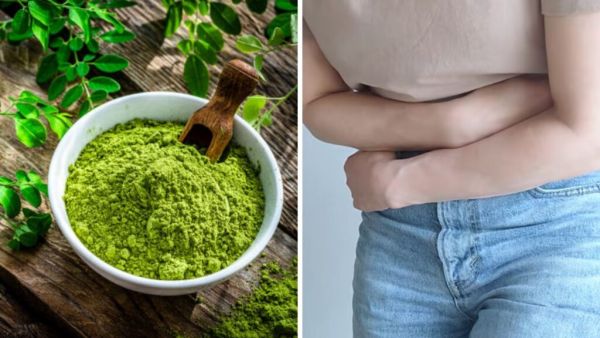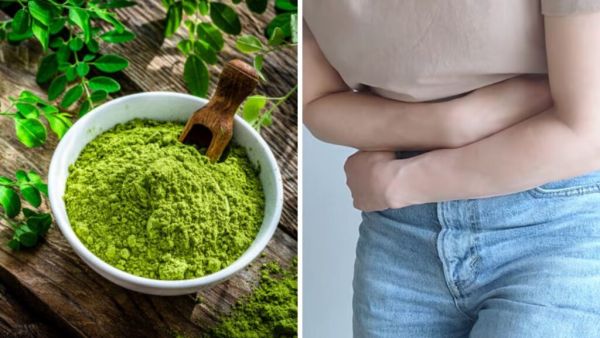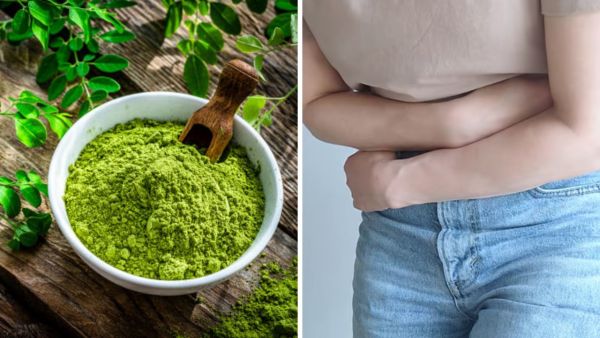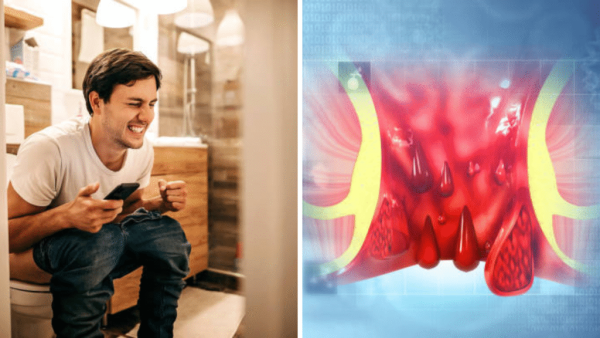


Eating cowpeas is very effective for health. Because the ingredients present in it help in getting relief from bone pain and many health problems. Cowpeas are also rich in protein, iron, vitamin C, vitamin B6, B2, vitamin A, magnesium etc. Therefore, cowpeas, which are rich in medicinal properties, are beneficial for the body. Cowpeas are eaten as a vegetable made from cowpea pods, leaves and flowers. Cowpeas are a boon for diabetic or cholesterol patients. This vegetable also has special importance in Ayurveda. Consuming this vegetable cures many health problems. Cowpeas should be eaten to fill the deficiency of vitamins and minerals in the body. (Photo courtesy – istock)
To control diabetes, high blood pressure or high cholesterol in the body, the powder of the legume pods is mixed with water and drunk. Apart from this, the legume pods are consumed to remove the toxic elements accumulated in the intestines. However, the legume pods are very dangerous for the health of some people. That is why today we will tell you in detail about who should not eat the legume pods powder? What harm does it cause to the body?
Many people consume Shegga supplements, capsules or powder after seeing advertisements on social media or other places. However, eating these foods is very wrong. This can cause serious harm to the body. Just as consuming Shegga pods benefits the body, it also causes harm to the body. Therefore, Shegga powder can be very dangerous for the health of some. Consuming Shegga powder reduces Vata and Kapha dosha in the body, while there is a possibility of increasing Pan Pitta dosha. Shegga is very hot and hot for health.
Risk of miscarriage:
During pregnancy, many dietary restrictions have to be followed. Therefore, it is also advised not to eat very hot or spicy foods in the diet. But women sometimes drink fenugreek supplements due to advertisements or the advice of others. These supplements are very dangerous for the baby in the womb and the body. This increases the risk of miscarriage in women. Also, there is a high chance of uterine contractions. The risk of miscarriage and abortion increases. Therefore, women who are breastfeeding or planning a family should not consume fenugreek seeds in their diet.
Who should not eat chickpeas?
Fenugreek seeds are beneficial for health. However, people with high acidity, bleeding piles, heavy menstrual bleeding, gastritis patients, gastric ulcer patients, etc. should not consume fenugreek seeds or powder in their diet.
-
CONTIPATION: How did you do not? Doctor Sangitleli Symptoms Okhach

-
AI+ entry in the smartphone market is coming, AI Features Lodded Phone

-
Meesho Overhauls Board, Appoints Ex-Coinbase Exec in Major Pre-IPO Move:

-
How much will customers benefit from new UPI chargeback system, how much discounts did banks get

-
West Indies defeated South Africa in third T20I, captured T20 series. Read
